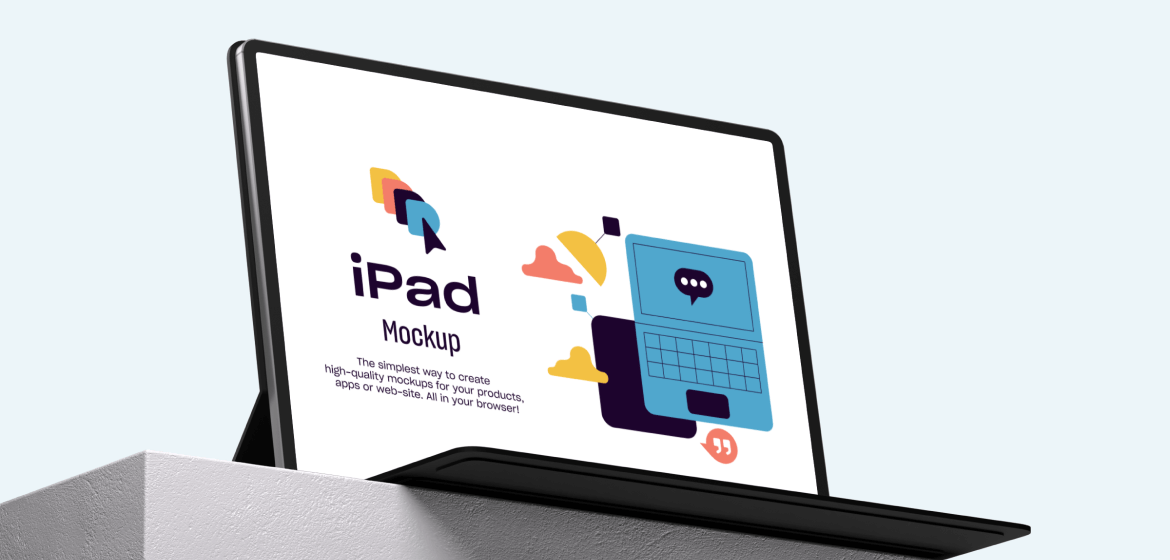
80 +
Industries
50+
Digital Tools
150 +
All work industries
Over 20+ main Tools and 100+ modules.
See All Features
Digital Transformation: Empowering Your Business for the Future
In today's rapidly evolving marketplace, embracing digital transformation is not just a strategic move but a necessity to stay competitive and relevant. Digitalization is reshaping the way businesses operate, interact with customers, and achieve growth. By transitioning from traditional analog and manual processes to digital ones, companies can unlock a plethora of opportunities and benefits.
The Importance of Going Digital
- Enhanced Customer Experience: Digital tools allow for a more personalized and engaging customer experience. With analytics, social media, and targeted marketing, businesses can understand and anticipate customer needs better than ever.
- Increased Efficiency and Productivity: Automating routine tasks frees up valuable time for your team to focus on more strategic initiatives. Digital systems streamline operations, reduce human error, and enhance productivity.
- Improved Decision Making: Data is a goldmine for businesses. Digital transformation enables the collection and analysis of vast amounts of data, providing insights that drive smarter, data-driven decisions.
- Greater Market Reach: The digital world knows no geographical boundaries. Digital marketing and e-commerce platforms allow businesses to reach a global audience, opening up new markets and opportunities for growth.
- Integration and Collaboration: Many professional email services offer seamless integration with other business tools and services, such as calendars, contact lists, and productivity applications. This can enhance collaboration within your team and streamline workflows.
- Innovation and Agility: Digital businesses can adapt quickly to market changes and consumer trends. This agility is crucial for innovation, allowing companies to stay ahead of the competition by rapidly deploying new products or services.
- Cost Reduction: Over time, digital processes can significantly reduce costs through improved efficiency, less paper usage, and optimized resource allocation.
- Sustainability Digital businesses contribute to environmental sustainability by reducing the need for physical materials and enabling remote work, which reduces the carbon footprint associated with commuting.
professional emails are a critical component of a business's communication strategy. They not only enhance the credibility and professionalism of a business but also contribute to its brand identity, security, and efficiency.
Implementing Digital Transformation
Embarking on a digital transformation journey involves several key steps
- Develop a Strategy: Identify your goals and how digital tools can help achieve them. Consider customer needs, market trends, and your competitive landscape.
- Choose the Right Technologies: From cloud computing and AI to IoT and blockchain, select technologies that align with your business objectives.
- Cultivate a Digital Culture: Encourage innovation and agility within your team. Training and continuous learning are essential to equip your staff with the necessary digital skills.
- Focus on Customer Experience: Design your digital transformation with the customer in mind. Enhance touchpoints and interactions through websites, mobile apps, and social media.
- Ensure Data Security: Protecting your digital assets and customer information is critical. Implement robust cybersecurity measures and comply with data protection regulations.
- Measure and Adapt: Use analytics to track your progress and measure the impact of digital initiatives. Be prepared to adapt your strategy based on feedback and performance data.
FAQ about Digitalisation
How it will help a business
The adoption of digital tools across various segments of a business brings about significant cross-functional benefits, enhancing efficiency, collaboration, and strategic insights. These benefits contribute to a more agile, informed, and cohesive operation, driving overall business success.


Onboard to our service now!
Eyerything you need to grow your business,
work smark, faster,
reliable anc cheaper.






